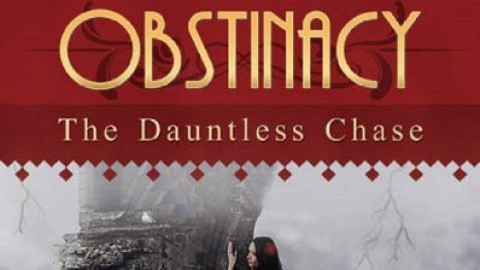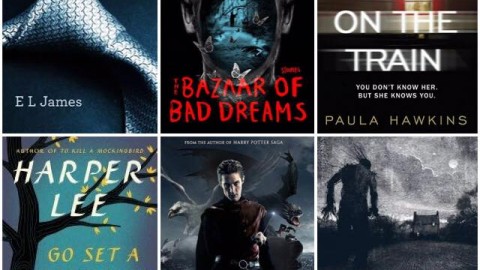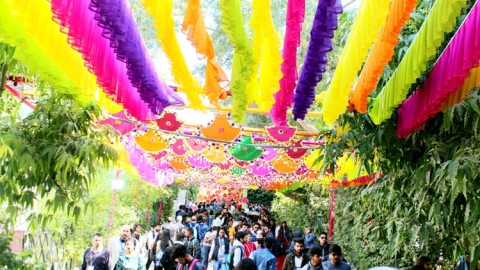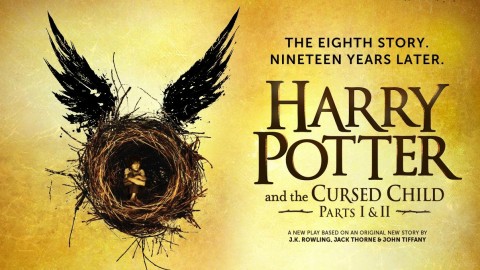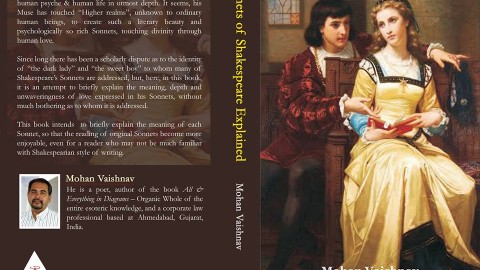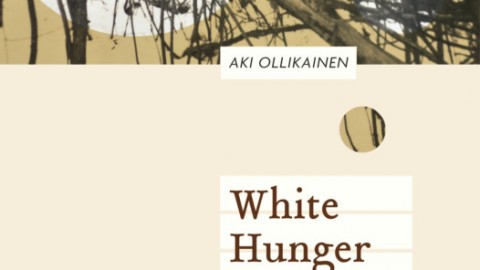S.L. Bhyrappa in conversation with Vivek Shanbhag
S.L Bhyrappa’s writing is irreverent. His latest book, Uttara Kanda, has already gone for its third print and is flying off the shelf as you read this. While some writers’ work doesn’t travel beyond their homes, Bhyrappa has found devout readers everywhere. He has been a bestselling novelist in Kannada for over four decades and his novels are translated in all major Indian languages. Yet the fame is not without its controversies; his critics argue that while Bhyrappa remained courageously non-compliant with Nehruvian ideologies, he mutely nods to, and even propagates, Hindutva ideologies today. His critics’ arguments find meaning when put in perspective: the acclaimed author never got government patronage except the Padma Shri in 2016. In conversation with writer and translator Vivek Shanbhag at Zee Jaipur Literature Festival 2017, he spoke of his extraordinary journey and the receptions that have followed his literary career.
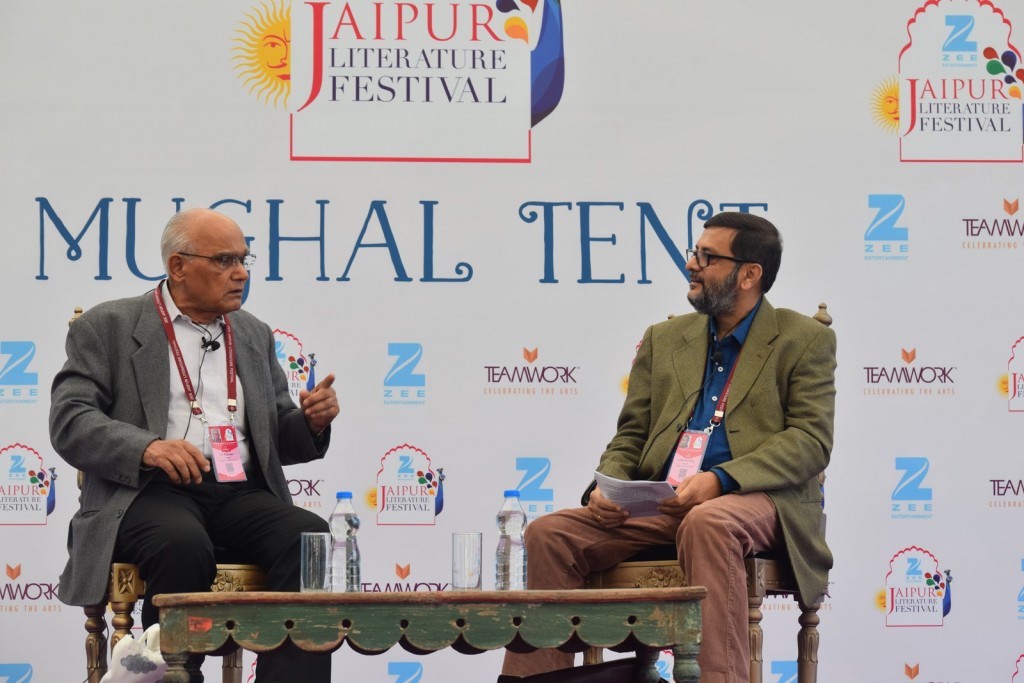 Few may have risen from conditions as dire as Bhyrappa and created a life many would try to emulate, ‘My younger brother, sister, and mother died at quick successions,’ he revealed. His poverty led him to work as a gatekeeper at a village cinema hall, sell incense sticks, work as a supplier in a small hotel in Hubli, and sleep at railway stations and bus stops. ‘I always felt that I was very unlucky but those experiences help me now, help my writing,’ Bhyrappa admits humbly.
Few may have risen from conditions as dire as Bhyrappa and created a life many would try to emulate, ‘My younger brother, sister, and mother died at quick successions,’ he revealed. His poverty led him to work as a gatekeeper at a village cinema hall, sell incense sticks, work as a supplier in a small hotel in Hubli, and sleep at railway stations and bus stops. ‘I always felt that I was very unlucky but those experiences help me now, help my writing,’ Bhyrappa admits humbly.
It is no doubt that it’s those varied childhood experiences that colour his writing and present a complex interweave of his mind. Literature to him is Rasanubhuti which means ‘exploring without prejudice and creating imaginary characters, imaginary relationships between them, and finding the real truth of human nature.’ Even when Bhyrappa is exploring existing characters, he approaches them from a different perspective. For example, Bhyrappa explored the character of Gandhari adding a lesser-known fact: Bhishma compelled Gandhari’s father to offer her hand for Dhritarashtra. Therefore, ‘my treatment is that Gandhari covered her eyes in protest but people say that she was pativrata (virtuous wife), he said. ‘If she hadn’t covered her eyes, she could have brought her children up in a better way,’ he joked.
Bhyrappa approaches women from a humanist’s point of view, he talked about his sister who, ‘was as intelligent as him’ but never got the opportunities he did. Yet his execution is not untouched by disagreement. Women groups have vehemently opposed Bhyrappa’s accusation that women exploit dowry laws in India. But he is full of defence, ‘In the dowry case, Supreme Court has observed that the accused should not be automatically arrested without evidence,’ he said.
Bhyrappa’s arguments, similarly, are around other Indian laws as well. In a career spread over decades, he has constantly pointed out the problems of caste system in India. From entire hostels in Karnataka reserved for certain castes, to not being given a scholarship because he is a high-caste Brahmin, Bhyrappa has seen the caste fault lines up close. ‘When Independent India held its first elections, secular Congress party would choose, and continues to choose, candidates from dominant castes in a constituency. Making our caste system stronger is the worst thing Indian leaders did,’ he said. When Shanbhag asked him about his political leanings, he said that he doesn’t believe in left, right ideologies but soon after, he traced a brief history of how socialism under Indira Gandhi introduced a 70% + surcharge tax rate in India. ‘Narsimha Rao got in liberalisation and gradually it reduced. Taxation, today, is very reasonable at a maximum of 33%,’ he said.
Bhyrappa entertained his audience with a potpourri of Indian culture: full of trivia, anecdotes and lesser-known facts from Vedas, Upanishads, Gita. Yet his love for the culture didn’t muddle his academic side: ‘Government must repeal laws and allow criticism of religions in academic language,’ he said to a roaring audience. Bhyrappa’s eclectic personality and strong opinions on Hinduism may have induced questions in listeners’ minds but his popularity remains unfaded because every time Bhyrappa forgot his novel’s or character’s name while making a reference, several people in the audience had the prompt.
Tags: Jaipur Literature Festival Jaipur Literature Festival 2017 JLF S.L. Bhyrappa Uttara Kanda Vivek Shanbhag Zee Jaipur Literature Festival 2017
